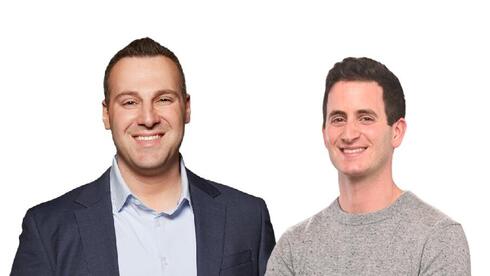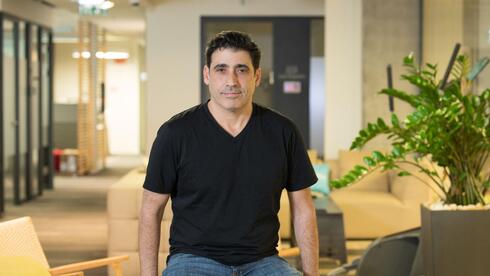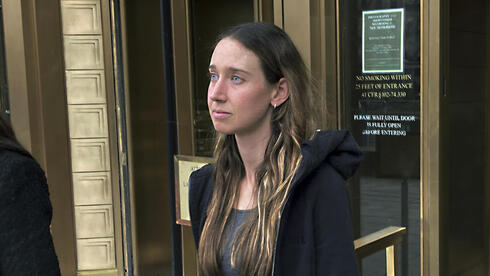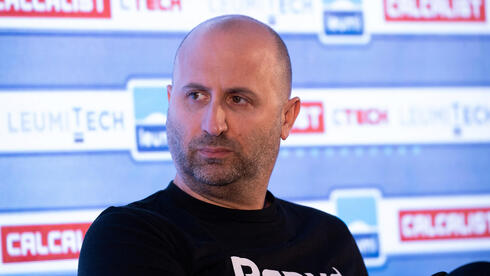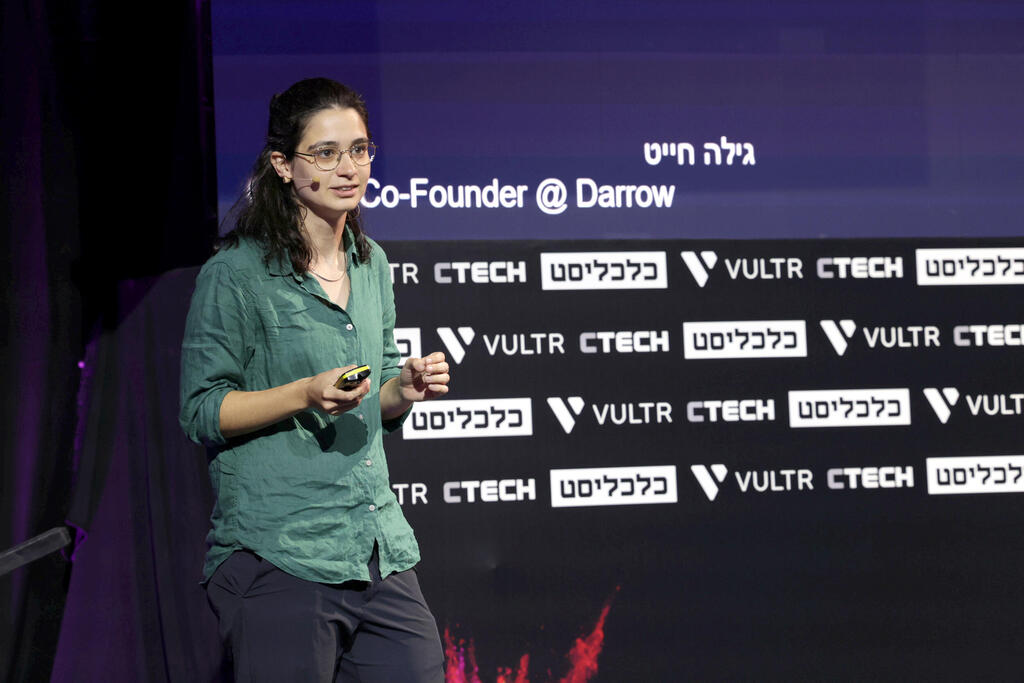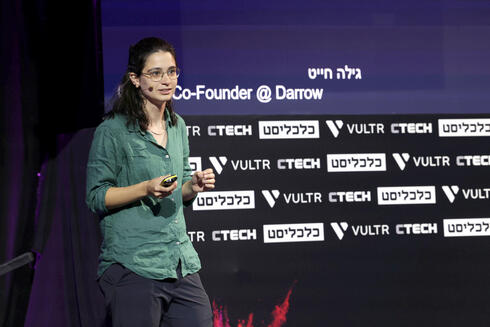
Darrow’s AI system is helping lawyers find legal needles in data haystacks
Gila Hayat, co-founder of Darrow, explained how with AI breaking technical barriers, the startup can identify law violations from vast open datasets.
"We are creating a process that benefits the public, and we know how to scale it," said Gila Hayat, co-founder of Darrow—a startup that developed a system to detect and identify legal violations affecting large groups of people based on mentions in open data. These violations include issues related to consumer rights, environmental protection, privacy, and employee rights.
To illustrate how the company operates, Hayat gave the example of Erin Brockovich, the American legal clerk and environmental activist who, despite having no formal legal education, helped build a case against Pacific Gas and Electric Company by going house to house in a small town in the United States. "It’s about taking the legal basis, recognizing the causality between real-world events and their legal meaning, and turning it into a legal action aimed at repairing the damage done to the public," Hayat explained.
She added that finding stories with broad social impact is like finding a needle in a haystack. "In today's world, our attention is flooded. We don't always know which of the circulating stories have significant social value or what kind of impact they could have if revealed to the world. Lawyers representing the public are the ones who bring these stories to court to seek justice.
"The challenge for lawyers is that finding these leads often involves overcoming technical barriers. There are open databases, but in order to fully utilize them, lawyers are required to have basic programming skills. On the other hand, activists who are not lawyers need to develop proficiency in the legal field to understand whether the stories they are pursuing have a basis in legal rulings and legislation.
"There are two language barriers here—the legal language and the coding language. Language models make it possible to perform simple operations quickly, but the next challenge is how to undertake more complex operations that require planning, strategy, and addressing cases that promote the public good. For example, the opioid crisis in the United States is a legal issue that has shaped careers and policies, influencing the relationship between the public, the state, and the justice system."
Is the legal profession going to change in the end?
"There’s a process of reevaluation happening. When ChatGPT chat first came out, many were quick to predict the end of the legal profession, one of the oldest in the world. However, we are now developing a more mature understanding of AI's role in knowledge-intensive professions. We are moving toward a model based on agents, where the human acts as the action planner. This is a more sophisticated concept than simply summarizing documents or dealing with AI hallucinations.
"Now, lawyers can access information using natural language, as the technical barrier has been removed. The platform bridges both the technical and verbal gaps. From the legal side, it extracts the essence of regulations, laws, and case precedents, then compares them against real-world events to determine if they support any legal theory."
Darrow, founded in 2020, employs approximately 120 people in Israel and the United States and is actively recruiting lawyers and software professionals who want to join its mission.





